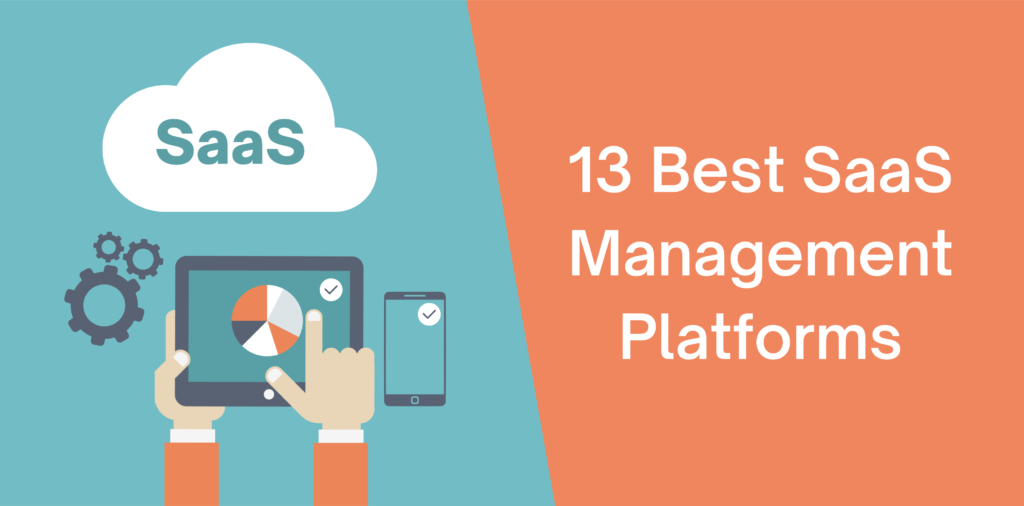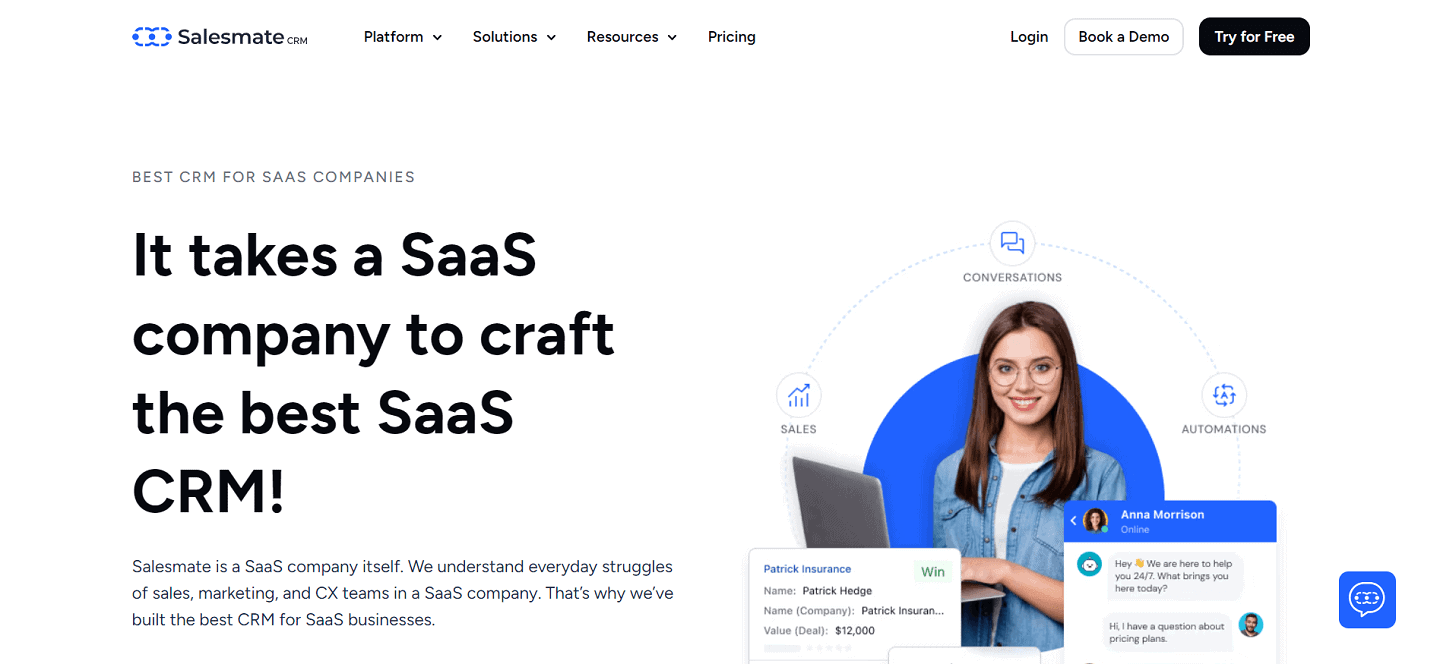
Unlock SaaS Growth: Mastering Free Trial Management with CRM
Introduction
In the fiercely competitive Software-as-a-Service (SaaS) landscape, the free trial has emerged as a cornerstone of customer acquisition. It’s a powerful tool, offering potential users a firsthand experience of your product’s value. However, a free trial alone isn’t a guaranteed path to conversion. Effective management of these trials is crucial, and that’s where Customer Relationship Management (CRM) systems come into play.
This article explores the critical role of CRM in optimizing free trial management for SaaS companies. We’ll delve into the challenges of free trials, the benefits of CRM integration, key features to look for, best practices, and real-world examples to help you transform your free trial strategy from a lead generator to a revenue driver.
The Free Trial Challenge: More Than Just a "Try Before You Buy"
Free trials are a double-edged sword. While they offer immense potential, they also present a unique set of challenges:
- Low Conversion Rates: A significant percentage of free trial users never convert to paying customers. This could stem from a lack of engagement, confusion about the product, or simply not experiencing the value proposition.
- Limited User Engagement: Many users sign up for a free trial but fail to actively use the product. This can be due to a lack of onboarding, insufficient guidance, or a poor user experience.
- Difficulty in Identifying Qualified Leads: Not all free trial users are created equal. Identifying those with the highest potential to convert requires careful tracking and analysis.
- Inefficient Follow-Up: Without a structured approach, following up with free trial users can be time-consuming and ineffective.
- Lack of Insight: Without proper tracking, it’s difficult to understand why users are or aren’t converting, hindering your ability to improve the trial experience.
CRM: The Key to Unlocking Free Trial Potential
A CRM system can be the game-changer that transforms your free trial strategy. Here’s how:
- Centralized Data: CRM acts as a central repository for all free trial user data, including contact information, usage patterns, interactions, and feedback. This provides a holistic view of each user’s journey.
- Personalized Communication: With CRM, you can segment users based on their behavior, industry, or other criteria, and tailor your communication accordingly. This ensures that users receive relevant and timely messages.
- Automated Workflows: CRM enables you to automate key tasks, such as sending welcome emails, providing onboarding resources, scheduling follow-up calls, and triggering alerts based on user behavior.
- Lead Scoring: CRM systems can automatically score leads based on their activity and engagement, helping you prioritize your efforts on those most likely to convert.
- Improved Collaboration: CRM facilitates collaboration between sales, marketing, and customer success teams, ensuring that everyone is on the same page and working towards the same goals.
- Enhanced Reporting and Analytics: CRM provides powerful reporting and analytics capabilities, allowing you to track key metrics such as conversion rates, churn rates, and customer lifetime value.
Key CRM Features for Free Trial Management
When selecting a CRM for free trial management, look for these essential features:
- Lead Management: Robust lead management capabilities to track and manage free trial users as they progress through the sales funnel.
- Segmentation: The ability to segment users based on various criteria, such as industry, company size, product usage, and engagement level.
- Automation: Automation tools to streamline onboarding, follow-up, and other key processes.
- Email Marketing Integration: Seamless integration with email marketing platforms to send personalized and automated email campaigns.
- Activity Tracking: Detailed tracking of user activity within the product, including features used, time spent, and actions taken.
- Lead Scoring: Automated lead scoring to identify and prioritize high-potential leads.
- Reporting and Analytics: Comprehensive reporting and analytics dashboards to track key metrics and identify areas for improvement.
- Integration with Other Tools: Integration with other tools in your tech stack, such as marketing automation platforms, customer support software, and billing systems.
Best Practices for Free Trial Management with CRM
To maximize the effectiveness of your CRM-powered free trial strategy, follow these best practices:
- Define Clear Goals: Clearly define what you want to achieve with your free trial. Are you looking to generate leads, increase brand awareness, or drive conversions?
- Optimize Onboarding: Create a seamless and intuitive onboarding experience that guides users through the key features of your product.
- Personalize the Experience: Tailor the free trial experience to each user’s specific needs and goals.
- Provide Ongoing Support: Offer proactive support and guidance throughout the trial period.
- Track Key Metrics: Monitor key metrics such as activation rate, engagement rate, and conversion rate.
- Iterate and Improve: Continuously analyze your data and make adjustments to your strategy based on what you learn.
- Communicate Value: Ensure users understand the value proposition of your product and how it can solve their problems.
- Offer a Clear Path to Conversion: Make it easy for users to upgrade to a paid plan when they’re ready.
- Gather Feedback: Solicit feedback from free trial users to identify areas for improvement.
- Integrate Sales and Marketing: Align your sales and marketing efforts to ensure a consistent and seamless experience for free trial users.
Real-World Examples
- HubSpot: HubSpot’s CRM platform is widely used by SaaS companies to manage free trials. They offer a range of features, including lead scoring, email marketing integration, and automation tools.
- Salesforce: Salesforce Sales Cloud is another popular CRM option for SaaS companies. It offers a comprehensive suite of features for managing leads, tracking customer interactions, and automating sales processes.
- Zoho CRM: Zoho CRM is a more affordable option that still offers a robust set of features for free trial management. It includes lead management, email marketing integration, and reporting and analytics.
- Pipedrive: Pipedrive is a sales-focused CRM that is popular among SaaS companies. It offers a visual sales pipeline, automated workflows, and integrations with other tools.
- ActiveCampaign: While primarily an email marketing platform, ActiveCampaign offers CRM features like contact management, segmentation, and automation. It’s well-suited for SaaS businesses focused on nurturing leads through email.
Conclusion
In the competitive SaaS world, effective free trial management is no longer optional – it’s essential. By leveraging the power of CRM, SaaS companies can transform their free trials from a potential drain on resources into a powerful engine for growth. A CRM helps you centralize data, personalize communication, automate workflows, identify qualified leads, and gain valuable insights into user behavior. By following the best practices outlined in this article, you can optimize your free trial strategy, increase conversion rates, and drive sustainable growth for your SaaS business. The right CRM isn’t just a tool; it’s an investment in your customer relationships and your company’s future.

